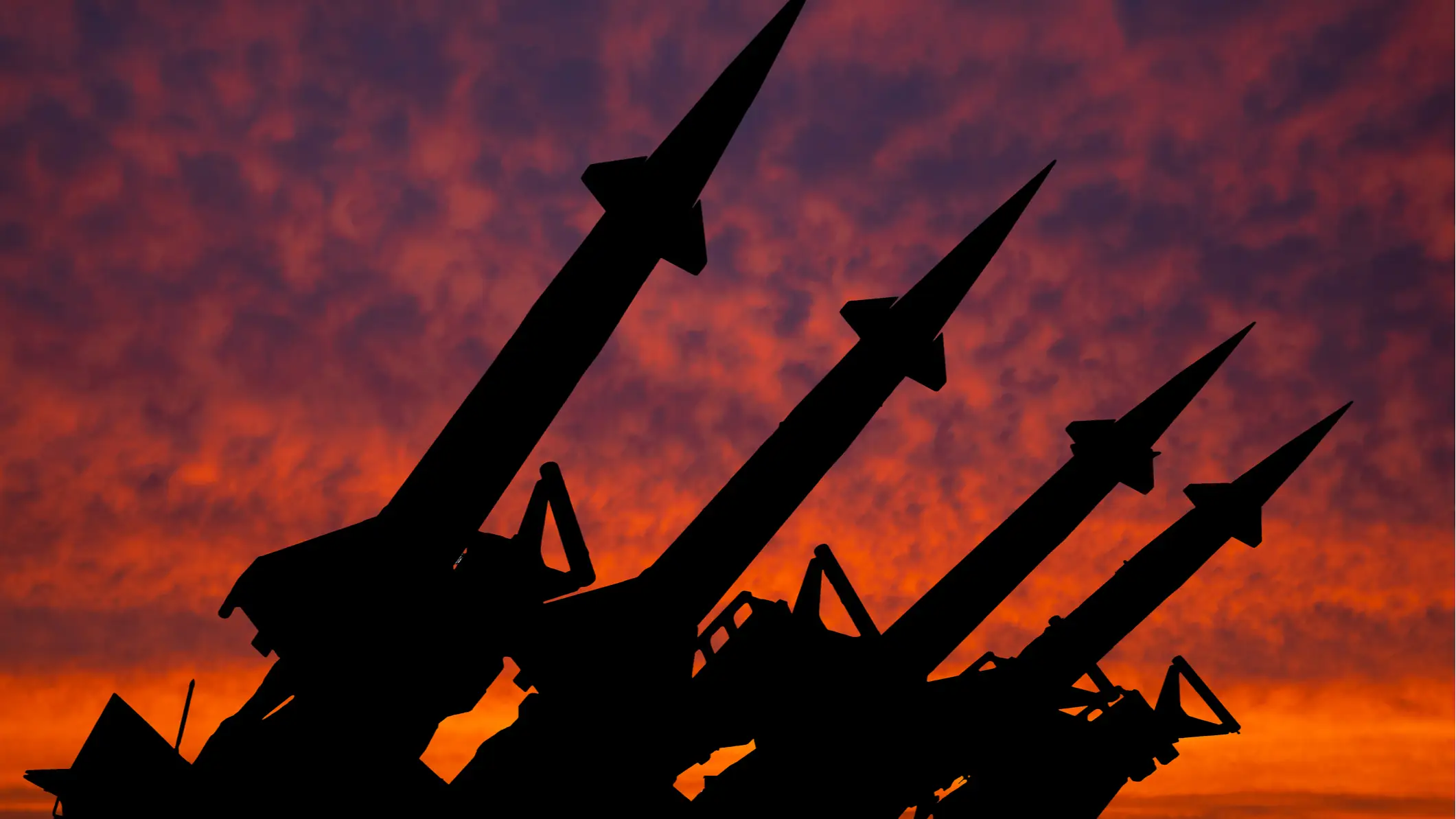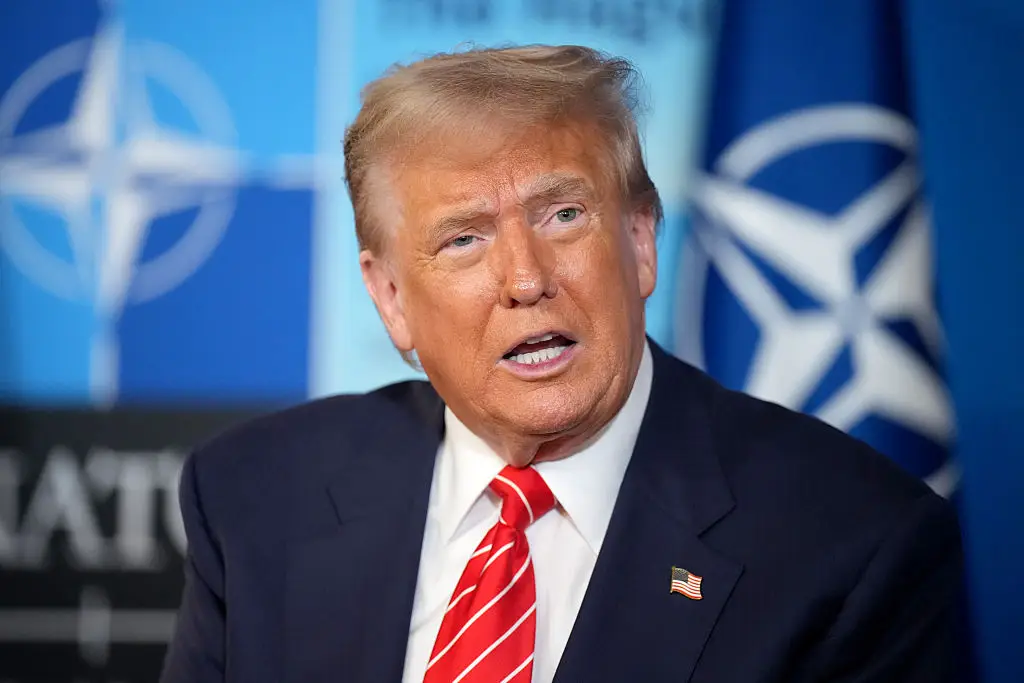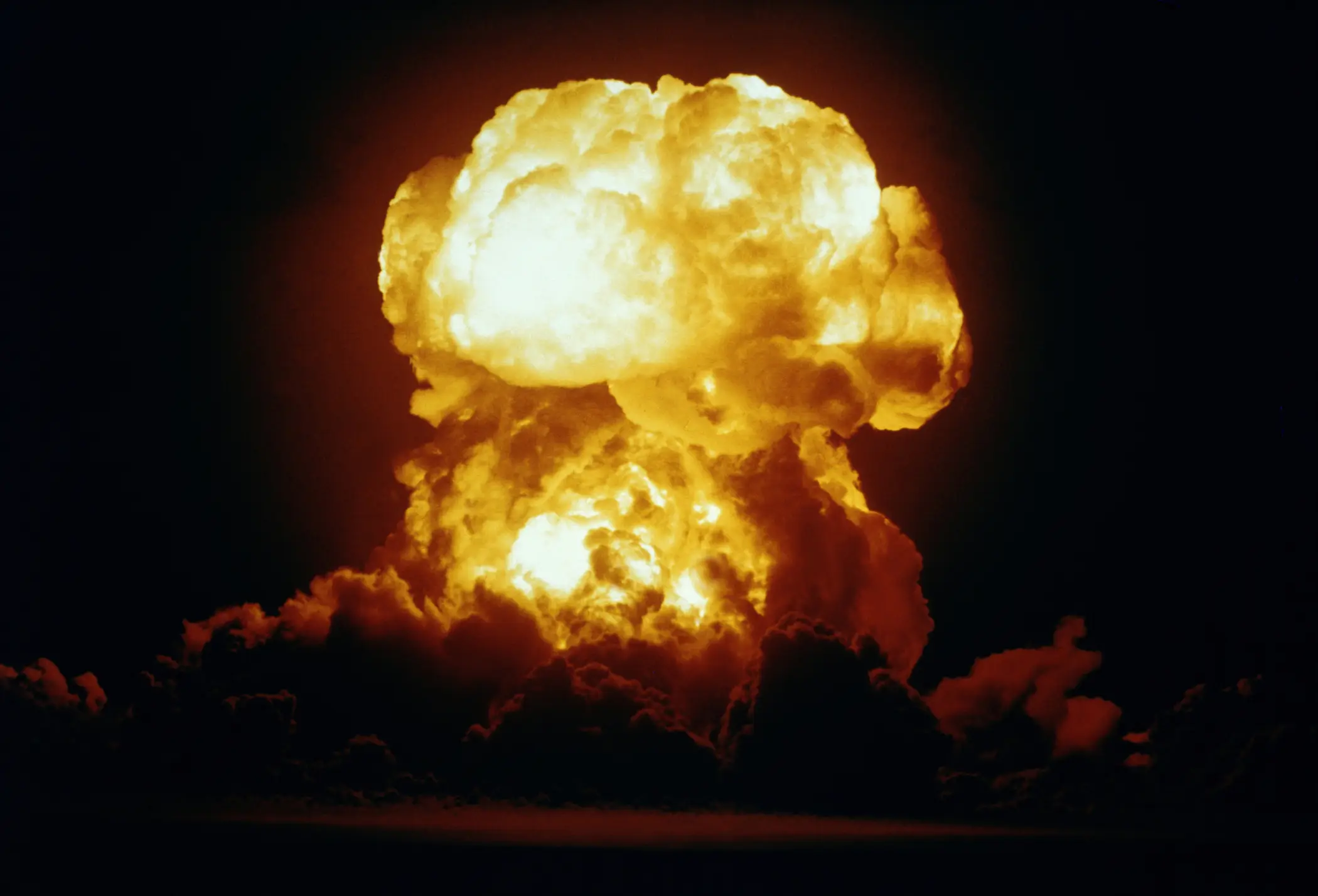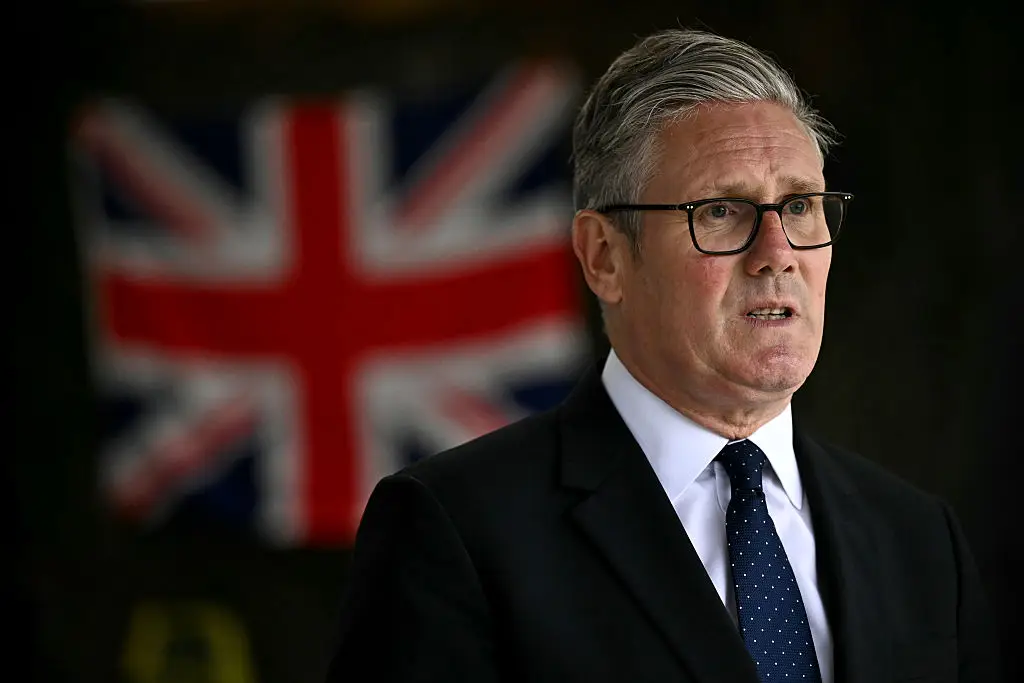
Following the news that Donald Trump had bombed Iran following accusations of developing nuclear weapons, many people have been worried about what it means for the UK and the US.
News broke that Trump had ordered a strike aimed at three key nuclear facilities in Iran, based in Natanz, Isfahan, and Fordow. The President said the strike was a success and had 'obliterated' the facilities.
Iran then responded in the following days by allegedly launching six missiles to United States air bases in Qatar and Iraq.
The news was shared by a media outlet called Saberin News, who work closely with Iran’s Revolutionary Guards, with an announcement also made on state television. Despite Trump calling for a ceasefire between Iran and Israel, tensions continue to rise with many people fearing repercussions and further attacks.
Advert
Many have been left fearing what would it mean for the US or UK if a nuclear attack happened, and wondering what has happened to cause the tension to build to this point.

What has been happening in Iran and Israel?
Tensions have been building between the countries. Israel attacked nuclear and military sites in Iran on Friday 13 June.
The attack came after allegations that Iran was building a nuclear weapon, and diplomatic talks aimed to curb their nuclear programme failed. There were claims that Iran had increased its production of enriched uranium. This is a vital ingredient for nuclear weapons.
Both the US and Israel targeted sites in Iran they said were suspected 'nuclear weapons development'.
Iran's health ministry issued a statement saying 610 people had been killed and 4,746 injured in Israeli strikes since the beginning of the conflict. They said four people were killed on Tuesday, with 28 people being killed since June 13.
This week, Israel’s military revealed it had hit more than 900 targets in Iran throughout its military campaign. The Israel Defense Forces have said they killed 11 Iranian nuclear scientists and 30 senior security officials.
According to CNN, Israel’s defense minister said they had not had the opportunity to assassinate Iranian Supreme Leader Ayatollah Ali Khamenei during an Operation they call Rising Lion.
He insisted Israel would have 'taken him out' if they had the chance.

Ceasefire
Donald Trump called for a ceasefire between the two countries, posting about it on Truth Social, urging Israel "do not drop those bombs" on Iran.
However, within hours, Israel furiously claimed Iran had broken it. Trump told reporters outside The White House he was 'not happy' with Israel.
"There was one rocket that I guess was fired overboard after the time limit and now Israel is going out. These guys [have] got to calm down," he said.
Two hours after Israel said it had agreed to the truce, the Israel Defense Forces (IDF) said it had identified missiles launched from Iran. Israel accused Iran of a 'complete violation' of the terms.
The Iranian military denied it had broken the ceasefire. The Islamic Revolutionary Guard Corps said 'in the final moments before the ceasefire was imposed on the enemy', it had struck 'military and logistical centres' in Israel.
Trump has been urging both sides to stick to the terms of the ceasefire.

What would happen if a nuclear bomb hit the UK or US?
Fears of nuclear attacks have been rising, and Labour ministers urged the UK to 'actively prepare for the possibility of the UK coming under direct threat, potentially in a wartime scenario'.
The National Security Strategy says it is 'the first time in many years' that this has had to be considered.
It continued: "Some adversaries are laying the foundations for future conflict, positioning themselves to move quickly to cause major disruption to our energy and or supply chains, to deter us from standing up to their aggression."
Immediate impact
According to NuclearSecrecy.com's Nuke Map, it details what would happen if a nuclear weapon was dropped on Westminster in London.
It says the immediate blast and fallout would impact a the fallout devastating a 2.97 KM area.
The Nuke Map states: “Maximum size of the nuclear fireball; relevance to damage on the ground depends on the height of detonation. If it touches the ground, the amount of radioactive fallout is significantly increased. Anything inside the fireball is effectively vaporised.”
The Campaign For Nuclear Disarmament claim more than a million people would be killed. There would be 'moderate blast damage radius' covering an area of 134Km2.
“At 5 psi overpressure, most residential buildings collapse, injuries are universal, fatalities are widespread. The chances of a fire starting in commercial and residential damage are high, and buildings so damaged are at high risk of spreading fire. Often used as a benchmark for moderate damage in cities.”
To put this in perspective, areas including Camden, Kensington, Brixton, Shoreditch, St Pancras, Clapham and Chelsea, Clapham Junction, Paddington and Battersea would all be flattened.
"Third degree burns extend throughout the layers of skin, and are often painless because they destroy the pain nerves. They can cause severe scarring or disablement, and can require amputation.”
This damage would reach the likes of Chiswick, Streatham, Tooting, Stratford, Hampstead, Lewisham, Greenwich, and Sydenham.
The outskirts of London, including Wembley, Edgware, Hounslow, Barking, Chipping Barnet, Croydon, Sutton, Woolwich and Enfield would suffer "light damage" including broken windows and injuries to people who stood at the window to watch after seeing the flash of light from the explosion.
Lasting effects
The CDA says in the days and weeks after a nuclear explosion, survivors will start to suffer from radioactive fall-out.
How many people are impacted depends on the wind direction.
Fallout side effects after Hiroshima included hair loss, bleeding gums, internal bleeding, diarrhoea, gangrenous ulcers, vomiting, fever, and delirium, eventually leading to death after around a week.
In the decades after the attack, radiation-induced cancers would increase, and childhood cancers such as leukaemia become more common.
Two billion people could face starvation due to an impact on food production.
How likely is it that the UK will get involved with the US-Iran conflict?
Downing Street revealed that the Prime Minister has talked to President Donald Trump in the wake of bombing Iran.
It was revealed the British government was told in advance what Trump was going to do, however the UK did not take part.
Trump is not thought to have asked the UK whether it would get involved. Sir Keir Starmer has repeatedly called for a 'de-escalation' on all sides.
Starmer also revealed 'we're doing everything we can to stabilise the situation', and are working to find a diplomatic solution.
The PM chaired an emergency Cobra response meeting alongside France's Emmanuel Macron and Germany's Friedrich Merz.
The three of them urged Iran "not to take any further action that could destabilise the region".
"We will continue our joint diplomatic efforts to defuse tensions and ensure the conflict does not intensify and spread further," they said in a joint statement.
Topics: Donald Trump, Iran, Israel, World News